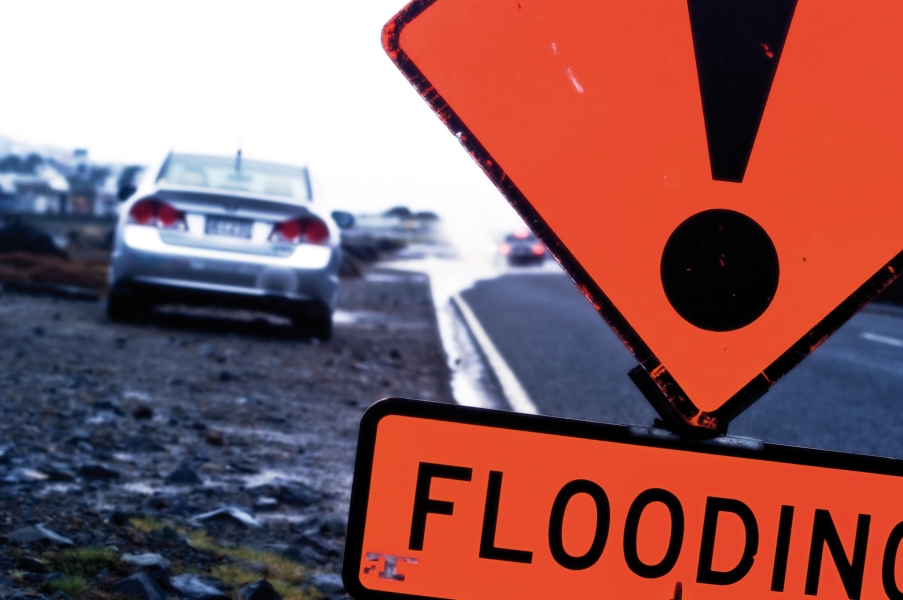NIWA scientists contributed to a global report that found humans are having an impact on extreme weather and climate events.
According to a global report Explaining Extreme Events of 2012 from a Climate Perspective, 18 research teams analysed the effects of climate change on the intensity of recent extreme weather events. NIWA's team, led by Dr Sam Dean, analysed the Golden Bay and Nelson flooding that devastated over 300 homes and properties before Christmas in 2011.
Dr Dean found that the increase in greenhouse gases contributed to the available atmospheric moisture levels, bringing extreme rainfall to Golden Bay and Nelson. The once-in-500-years event saw a record 674mm of rainfall over the Takaka township in 48 hours.
"The immediate cause of the flooding was an intense 'atmospheric river of moisture' that transported very moist subtropical air directly into the region," he says.
"The NIWA team used computer modelling, including and excluding the effects of climate change, to establish that the moisture available was expected to be between 1 per cent and 5 per cent higher due to the increase of greenhouse gases in the atmosphere. We also found that the risk of the event may have increased," says Dr Dean.
The report is a continuation of NIWA's focus on understanding how greenhouse gases already emitted into the atmosphere are influencing today's extreme weather events.

